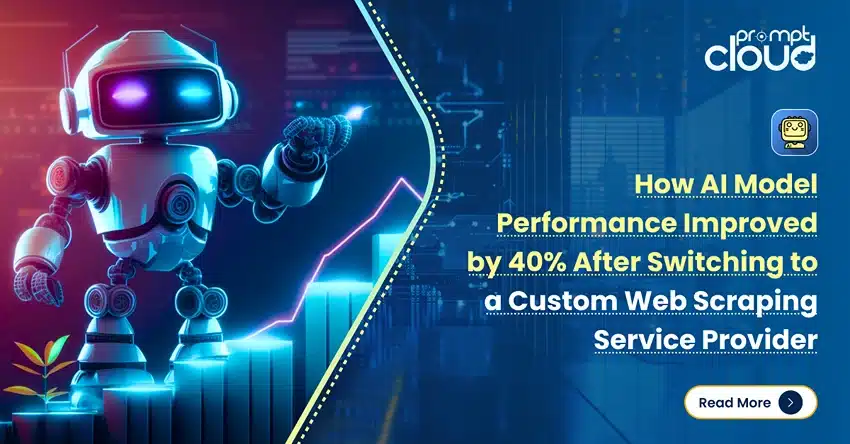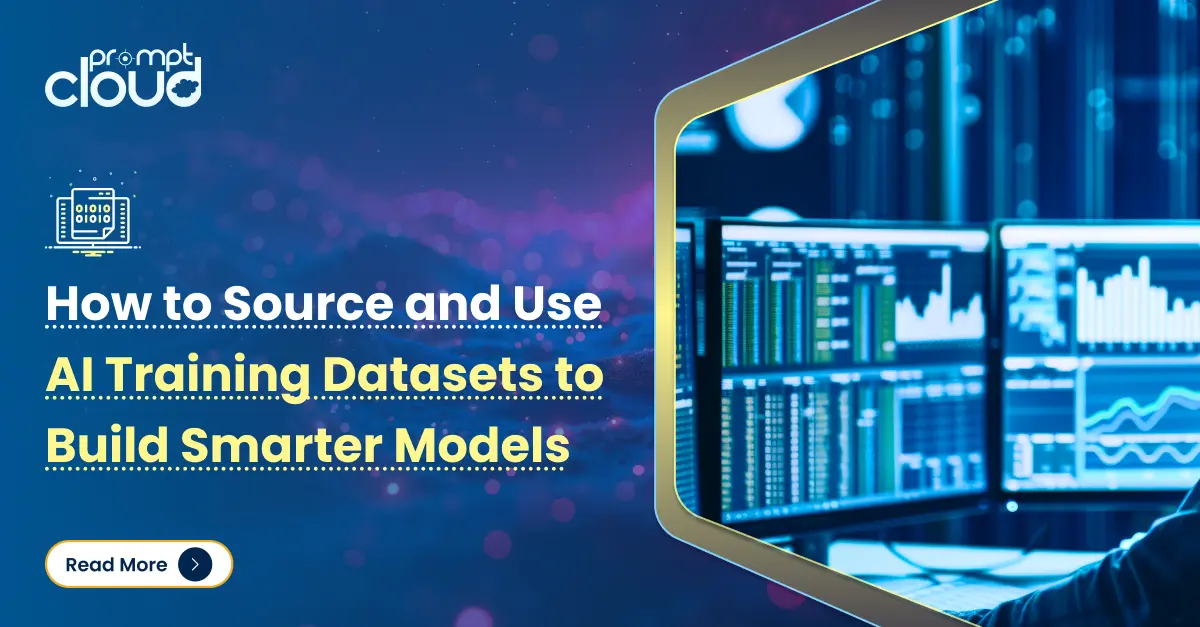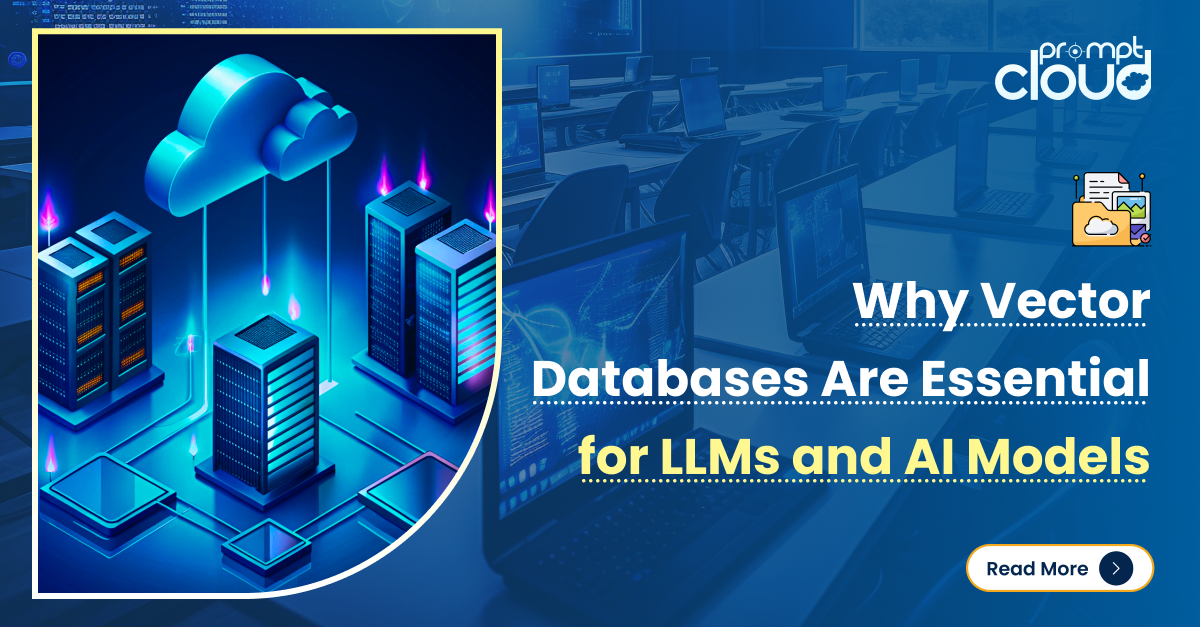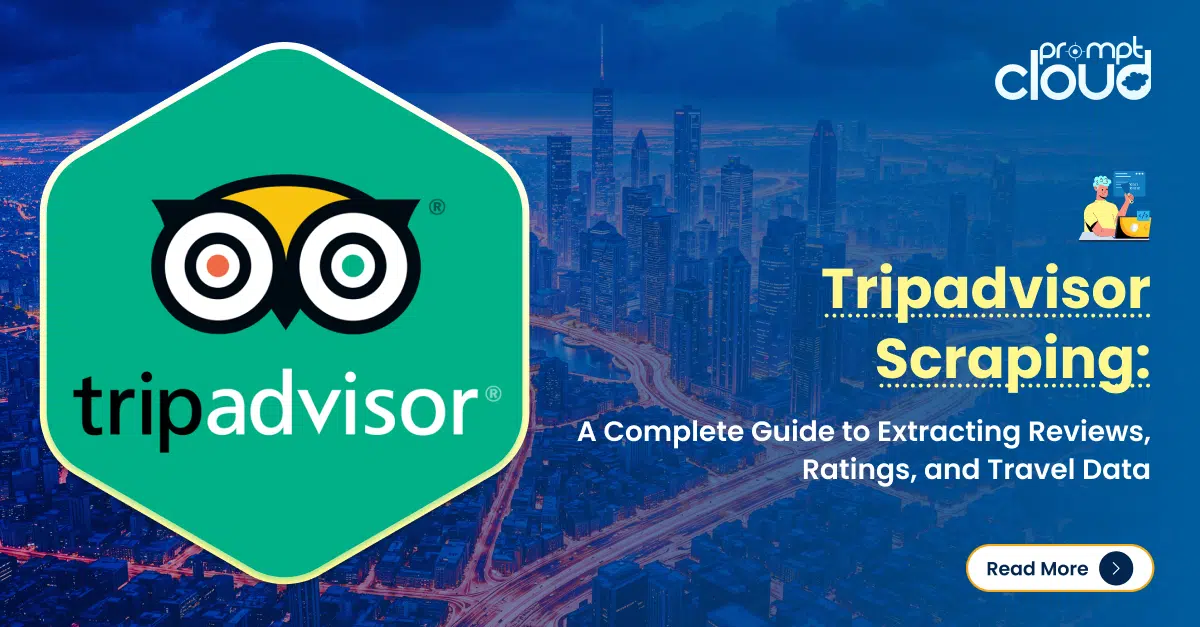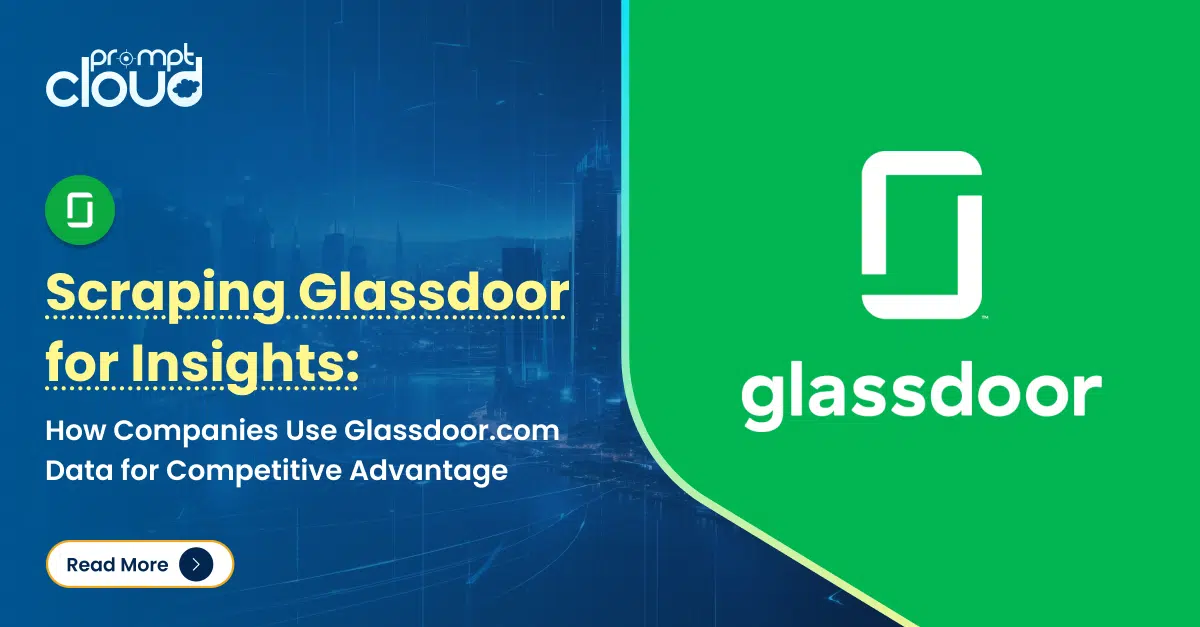
In today’s data-driven world, the ability to harness large volumes of information is more critical than ever. With businesses and organizations generating and collecting vast amounts of data daily, the challenge is no longer about acquiring data but extracting meaningful insights from it. This is where Natural Language Processing (NLP) comes into play, particularly in the analysis of scraped data.
Why NLP Matters in Scraped Data Analysis?
When businesses scrape data from websites, the raw information often comes in unstructured forms, such as text from articles, reviews, social media posts, and forums. Traditional data analysis techniques struggle with these types of unstructured data because they are designed to work with structured datasets, like spreadsheets or databases. Here’s where NLP proves its value:
#1: Text Classification
NLP models can categorize scraped text into predefined categories, making it easier to organize and analyze. For example, a business can scrape customer reviews and use NLP to classify them as positive, negative, or neutral. Beyond sentiment, text classification can also segment content by topics, product types, or user demographics, providing a deeper level of insight and allowing companies to tailor their strategies more effectively. This automated classification can save significant time and resources compared to manual sorting, enabling faster, data-driven decisions.
#2: Sentiment Analysis
NLP techniques can be used to determine the sentiment behind the text. Sentiment analysis helps businesses gauge public opinion about their products, services, or even their brand as a whole. Advanced sentiment analysis can also go beyond basic positive, negative, or neutral categorizations to detect subtleties like sarcasm, irony, or mixed feelings. By analyzing customer sentiment at scale, businesses can identify trends, anticipate potential issues, and respond proactively, improving customer satisfaction and brand loyalty.
#3: Named Entity Recognition (NER)
NLP can identify and classify proper nouns within a text, such as the names of people, organizations, locations, and more. This is particularly useful in scraping news articles, where businesses might need to track mentions of their brand or competitors. NER also plays a crucial role in linking data points together, such as associating a particular event with a company or identifying the key players in industry news. This capability enhances the value of scraped data by turning it into actionable intelligence, such as identifying new market opportunities or understanding competitor moves.
#4: Topic Modeling
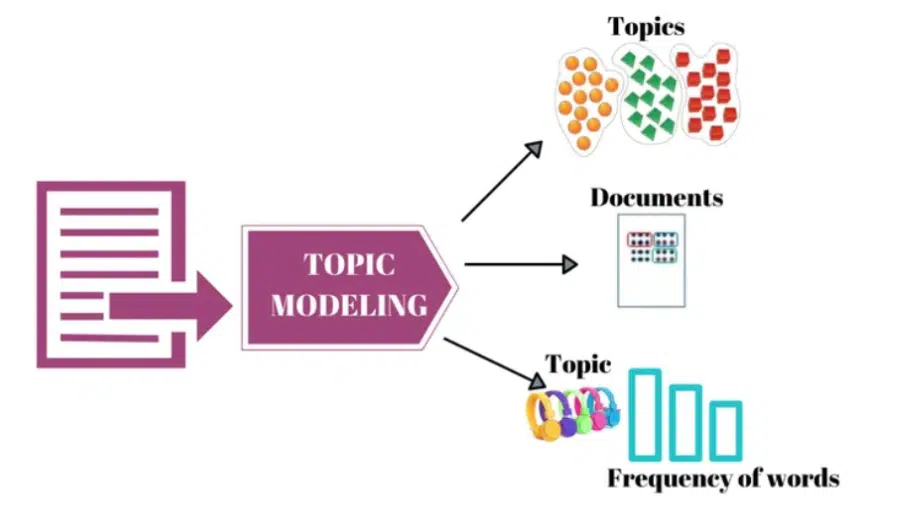
Source: Medium
By using NLP, businesses can identify the main topics discussed within large volumes of text data. Topic modeling allows companies to uncover hidden patterns and trends within the data, which can inform strategic decisions. For instance, a company could scrape forums or social media to understand emerging customer concerns or desires, enabling them to adapt their products or marketing strategies accordingly. Moreover, topic modeling can help in content curation by grouping related content together, making it easier to navigate large datasets and extract relevant information quickly.
#5: Natural Language Understanding (NLU)
NLU, a subset of NLP, focuses on the machine’s ability to understand the meaning and context of the text. This is crucial when analyzing scraped data because it allows for more accurate insights, such as understanding customer intent or detecting emerging trends. NLU goes beyond surface-level text analysis to capture the nuances of language, such as context, ambiguity, and relationships between concepts. This deeper understanding enables more sophisticated applications, such as automated customer support, personalized marketing, or predictive analytics, all of which rely on accurately interpreting user input and intent.
#6: Text Summarization
NLP can also be used to condense large volumes of scraped text data into concise summaries, making it easier for businesses to quickly grasp the key points. Whether it’s summarizing long articles, reports, or user reviews, this technique allows decision-makers to stay informed without getting bogged down in details. Automatic text summarization can also be used to generate executive summaries for reports or to create digestible content for newsletters or social media, streamlining content creation and distribution processes.
#7: Semantic Search
NLP-powered semantic search enhances traditional keyword-based search by understanding the context and intent behind search queries. For businesses scraping large datasets, semantic search allows for more relevant and accurate retrieval of information. Instead of merely matching keywords, semantic search considers the meaning of the words and phrases, providing more relevant results and improving the efficiency of data retrieval. This is particularly beneficial in large-scale data scraping projects where users need to find specific information quickly within vast amounts of unstructured text.
#8: Relationship Extraction
NLP can identify and map out relationships between different entities within the text, such as who works for whom, who is associated with what company, or which products are related to which features. This capability is essential for businesses that need to understand complex networks of relationships, such as in competitive analysis, market research, or customer relationship management. By extracting and visualizing these relationships, companies can gain a clearer understanding of their ecosystem and make more informed strategic decisions.
#9: Language Translation
For global businesses, NLP offers the ability to translate scraped data from multiple languages into a common language for analysis. This is especially valuable for companies operating in multiple regions or tracking global trends. By translating and analyzing data across different languages, businesses can gain a more comprehensive view of market dynamics and customer sentiment on a global scale. This capability also enables more inclusive data strategies, ensuring that insights are not limited by language barriers.
#10: Personalization and Recommendation Systems
NLP is at the core of many personalization and recommendation systems, which are essential for improving customer experience. By analyzing scraped data about user behavior, preferences, and feedback, NLP-driven systems can deliver highly personalized content, product recommendations, or targeted marketing campaigns. This personalized approach not only enhances customer satisfaction but also drives higher engagement and conversion rates, making it a powerful tool for businesses looking to optimize their user experiences.
Real-World Applications of Natural Language Processing (NLP)
- E-commerce: Online retailers can scrape product reviews and use NLP to understand customer satisfaction levels, identify common pain points, and optimize their offerings accordingly.
- Market Research: Companies can scrape social media platforms and news outlets to understand how their brand or products are perceived. NLP allows them to track sentiment over time and adapt their marketing strategies.
- Financial Analysis: Financial institutions can scrape news articles, earnings reports, and social media to gauge market sentiment, which can inform trading strategies and investment decisions.
How PromptCloud Can Help
At PromptCloud, we specialize in providing custom web scraping solutions that cater to your specific needs. By integrating Natural Language Processing into our data extraction services, we enable businesses to not only collect data but also derive actionable insights from it. Our solutions are designed to handle large-scale data scraping while ensuring the quality and relevance of the data collected.
Whether you’re looking to classify text, analyze sentiment, or understand the topics driving your industry, our expertise in both web scraping and NLP can help you achieve your goals. With our advanced tools and technology, you can transform unstructured data into a valuable asset for your business.
Conclusion
Natural Language Processing is revolutionizing how businesses analyze scraped data. By enabling machines to understand and process human language, NLP opens up new possibilities for deriving insights from unstructured data. As the volume of data continues to grow, the ability to leverage NLP will become increasingly crucial for businesses looking to stay competitive.
If you’re ready to harness the power of Natural Language Processing in your data analysis efforts, Contact us today!. Let us help you turn your scraped data into actionable insights that drive your business forward.










